Speakers: Dr. Sana Syed, MD, MSCR, MSDS is an Associate Professor in the Departments of Pediatrics and Public Health Sciences in the School of Medicine and the School of Data Science.
Dr. Thomas Hartka, MD, MS is an assistant professor in the Department of Emergency Medicine and the Department of Mechanical and Aerospace Engineering.
Co-facilitators: Phil Bourne, Founding Dean, School of Data Science and Professor of Biomedical Engineering and Sallie Keller, Distinguished Professor in Biocomplexity and a Division Director in the Biocomplexity Institute
Title: Physician Data Scientists: Wearing Two Hats
Abstract: As if the achievement of a medical degree wasn’t enough, two UVA doctors embarked on another challenging pursuit: an MS in Data Science. These recent “graduates” from UVA’s School of Data Science will share their experiences as medical doctors and data scientists in this Data Science for the Public Good Distinguished Speaker Series.
Date: September 27, 2021
Time: 4:00- 5:00 p.m. ET

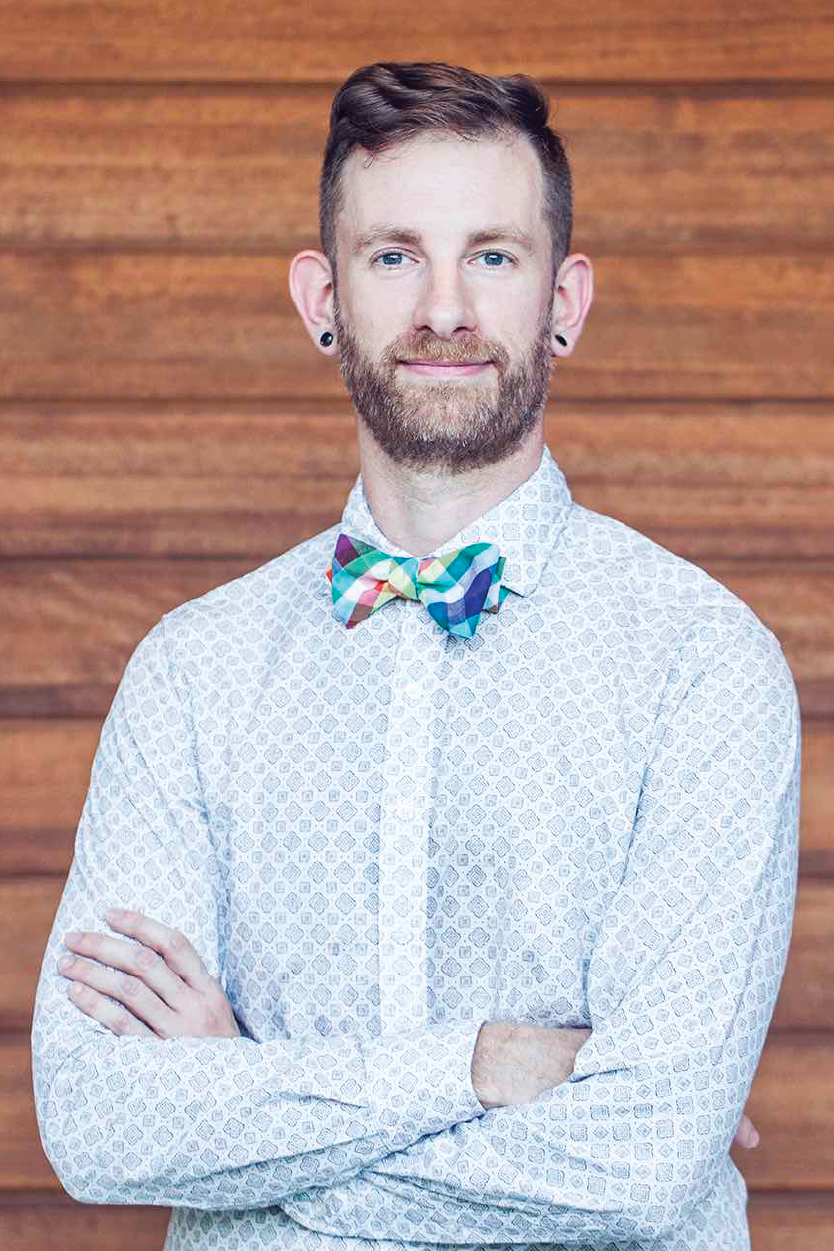 Speaker: Hadley Wickham
Speaker: Hadley Wickham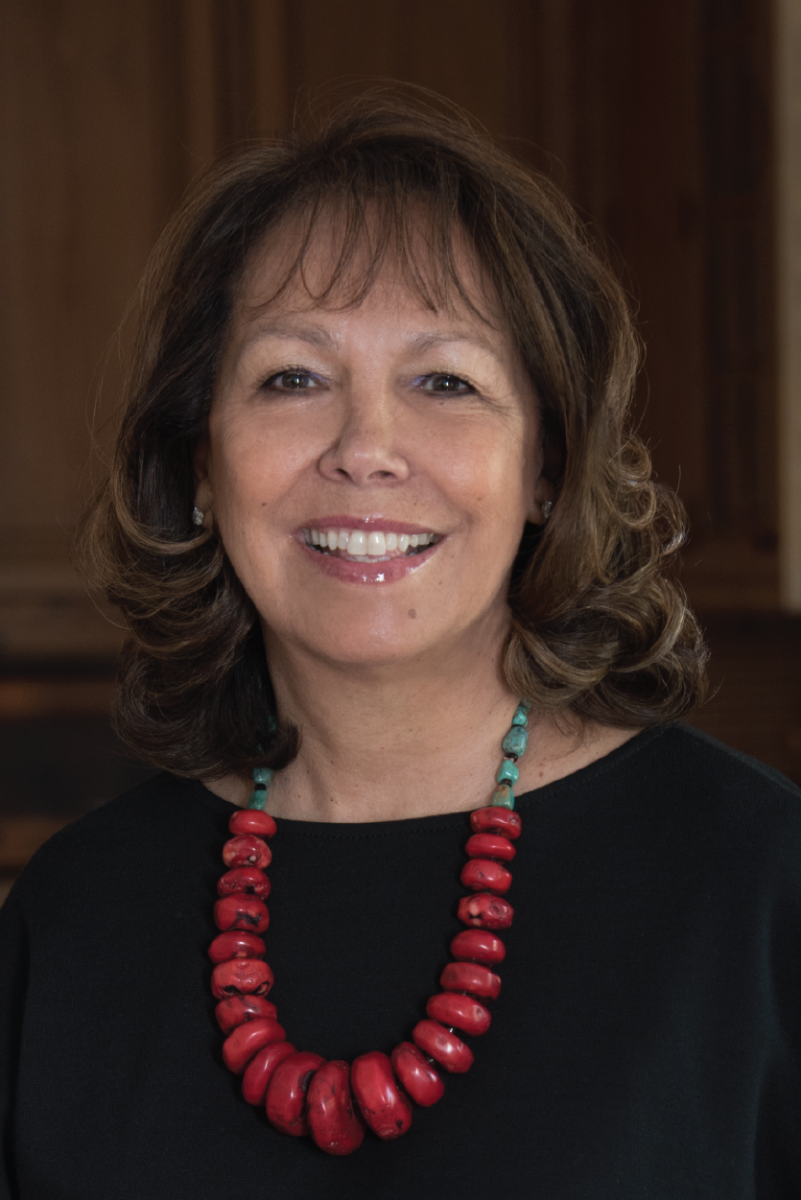
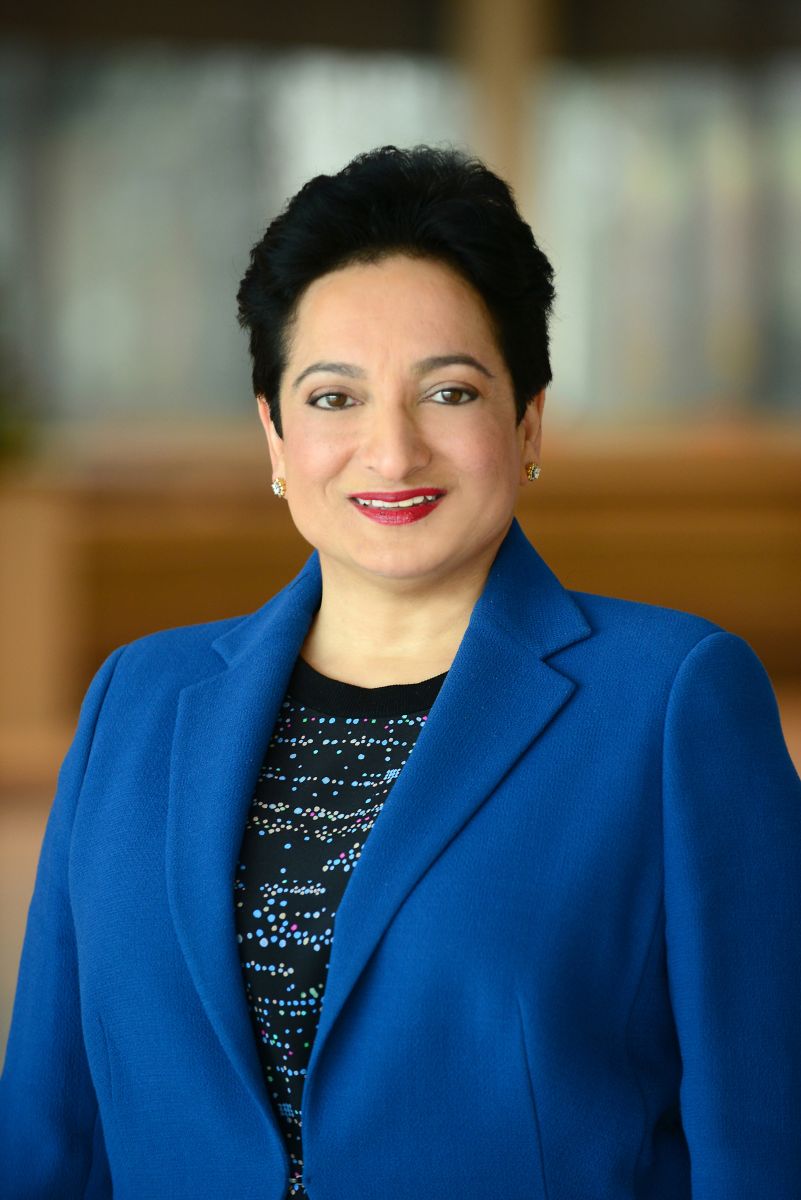 Speaker: Shamina Singh
Speaker: Shamina Singh 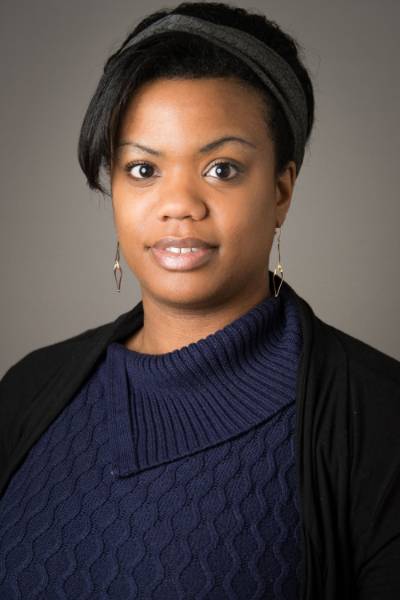
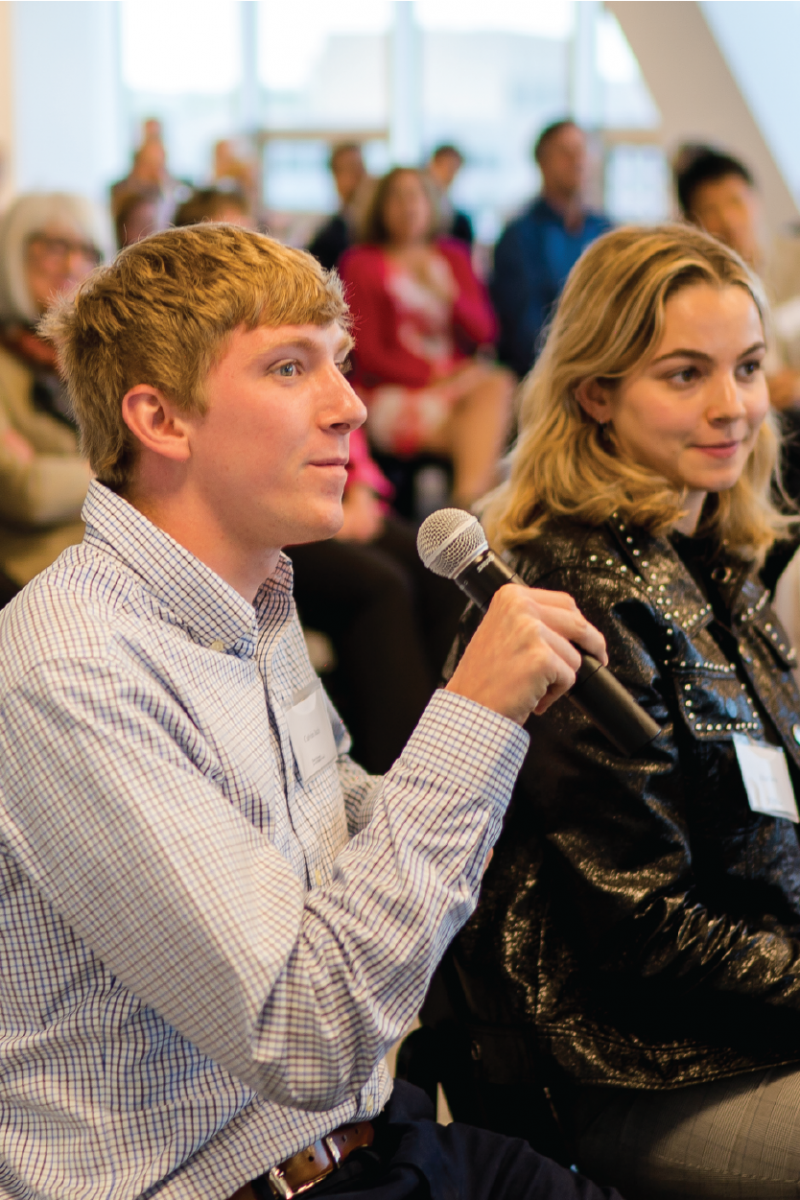 Please join us for our annual Data Science for the Public Good Symposium to be hosted virtually featuring keynote speaker Kenneth Prewitt, Carnegie Professor of Public Affairs and Special Advisor to the President, and this year's DSPG Young Scholars.
Please join us for our annual Data Science for the Public Good Symposium to be hosted virtually featuring keynote speaker Kenneth Prewitt, Carnegie Professor of Public Affairs and Special Advisor to the President, and this year's DSPG Young Scholars. Speaker:
Speaker: 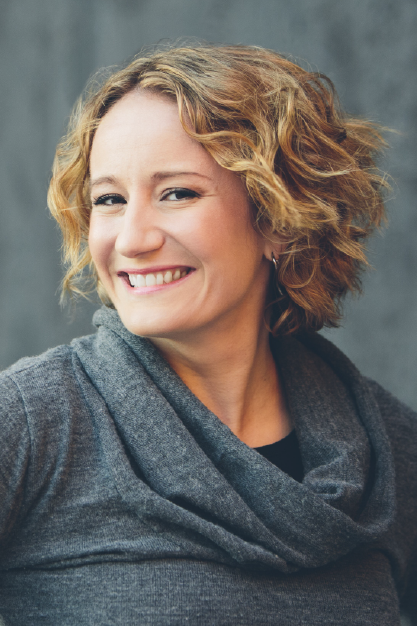 Speaker:
Speaker: 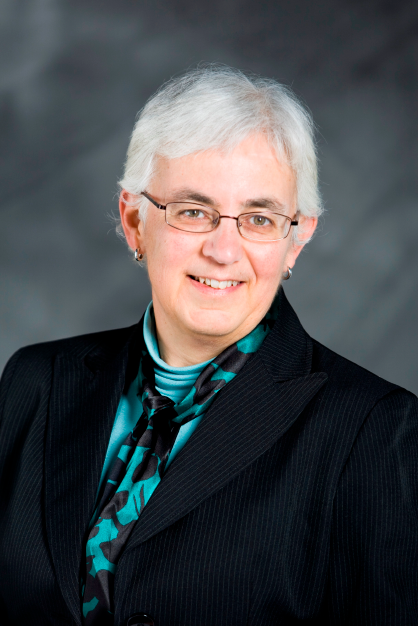 Speaker: Katharine Abraham, Director of the Maryland Center for Economics and Policy, and a professor of Survey Methodology and Economics at the University of Maryland
Speaker: Katharine Abraham, Director of the Maryland Center for Economics and Policy, and a professor of Survey Methodology and Economics at the University of Maryland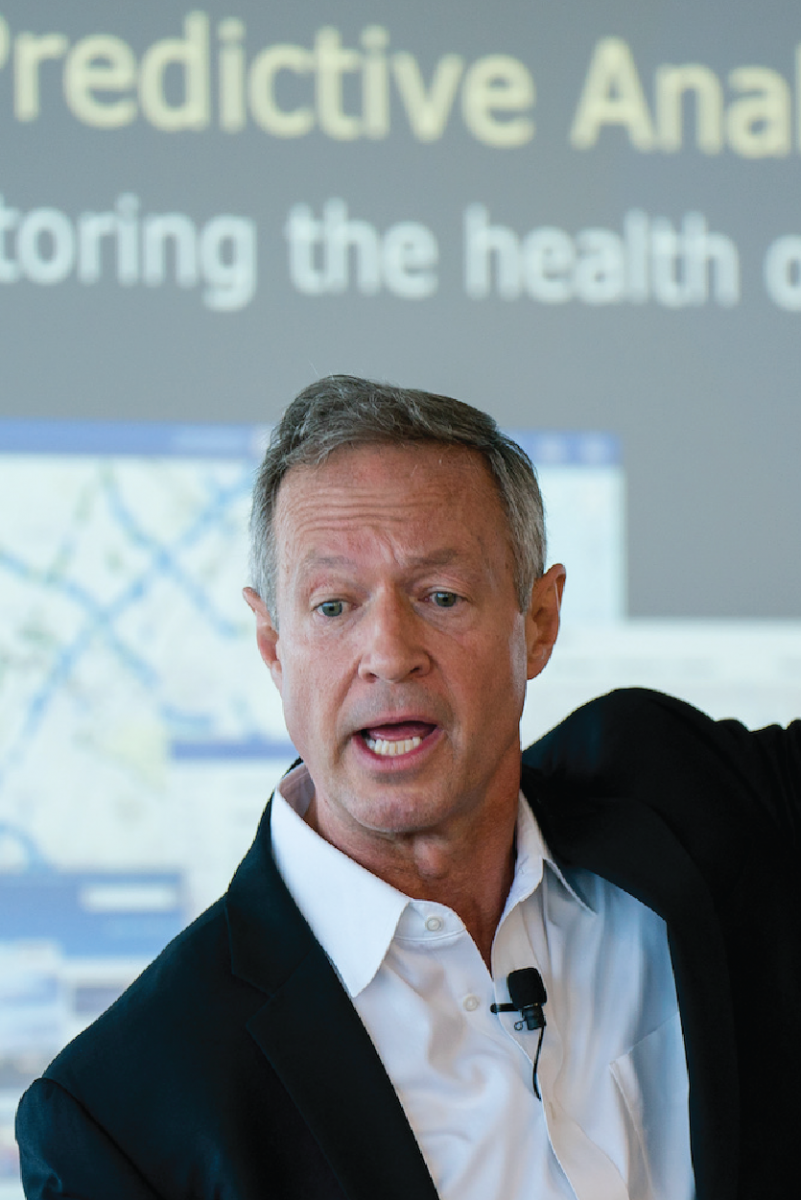 Speaker: Martin O'Malley, former governor of Maryland
Speaker: Martin O'Malley, former governor of Maryland